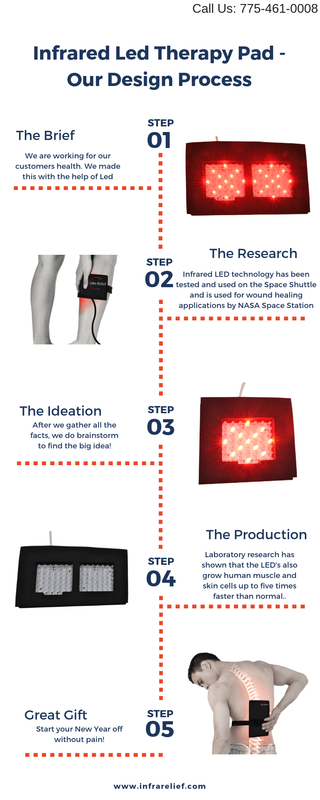Pain Alleviation Professionals: A Guidebook For Looking For Alleviation
Pain Alleviation Professionals: A Guidebook For Looking For Alleviation
Blog Article
Short Article Produced By-Kloster Byers
Navigating the world of pain relief specialists can be a complicated job for those looking for long lasting remedy for relentless discomfort. With a wide variety of professionals specializing in numerous approaches to discomfort monitoring, understanding the subtleties of each technique and honing in on one of the most ideal professional can substantially affect the efficiency of treatment. By untangling the details of professional discomfort relief experts and enlightening crucial factors to consider in choosing the right specialist, people can pave the way towards a course of easing their discomfort and reclaiming control over their well-being.
Kinds Of Discomfort Relief Specialists
There are a number of classifications of health care specialists that specialize in supplying pain relief solutions. One common type of discomfort alleviation specialist is an anesthesiologist. These medical professionals are specialists in providing anesthesia for procedures, but they additionally play an important function in managing pain through strategies such as nerve blocks and epidurals.
Another type of professional is a physiatrist, likewise called a physical medicine and rehabilitation physician. Physiatrists focus on boosting function and lifestyle for people with persistent pain problems with a range of treatments, including physical therapy and medication administration.
Additionally, discomfort management registered nurses are crucial participants of the medical care team, offering hands-on care and support to people experiencing discomfort. They function closely with other experts to make sure that individuals receive detailed and customized discomfort relief plans.
Concerns to Ask Professionals
When seeking support from discomfort relief professionals, it is important to be prepared with appropriate concerns to make certain an extensive understanding of your condition and the proposed therapy alternatives.
Below are some important questions to ask professionals during your consultation:
1. What is the certain reason for my pain?
2. What are the readily available treatment alternatives for my condition?
3. What are the potential benefits and risks of each therapy option?
4. How long will it take to see enhancement in my discomfort degrees?
5. Are there Recommended Browsing of way of living changes or natural home remedy that could enhance the therapy?
6. What is the anticipated result of the recommended therapy strategy?
7. Just how will my progression be kept an eye on, and what actions will be taken if the present treatment strategy is not effective?
8. Exist alternate therapies or interventions that could be beneficial for my problem?
9. What are the prospective negative effects of the suggested drugs or procedures?
10. Exactly how can https://www.tapinto.net/towns/hamilton-slash-robbinsville/sections/health-and-wellness/articles/robert-wood-johnson-university-hospital-hamilton-celebrates-pride-month and stop pain flare-ups in the future?
Tips for Choosing the Right Specialist
Choosing the most appropriate discomfort relief professional for your needs needs cautious consideration of their experience, certifications, and approach to therapy. When selecting an expert, it is important to investigate their background, including their education and learning, training, and any certifications they hold in discomfort monitoring. Seek specialists who have experience in treating your certain condition or sort of discomfort, as this can dramatically affect the performance of the therapy.
In addition, think about the expert's method to discomfort relief. Some professionals might focus on medicine administration, while others might provide alternate treatments such as physical therapy, acupuncture, or interventional procedures. It is essential to discover a specialist whose therapy strategy lines up with your choices and ideas pertaining to pain monitoring.
Furthermore, consider the professional's interaction style and exactly how comfortable you feel reviewing your discomfort and therapy choices with them. A good professional ought to pay attention attentively to your problems, discuss treatment plans clearly, and involve you in decision-making regarding your care.
Verdict
To conclude, expert discomfort relief professionals supply a variety of therapies tailored to every individual's distinct needs, assisting to enhance lifestyle for those experiencing persistent discomfort.
By asking the best questions, recognizing available treatment options, and choosing the appropriate specialist based upon experience and method, people can work in the direction of discovering efficient pain relief approaches.
It is important to seek out knowledgeable and skilled professionals to address and manage persistent discomfort effectively.
